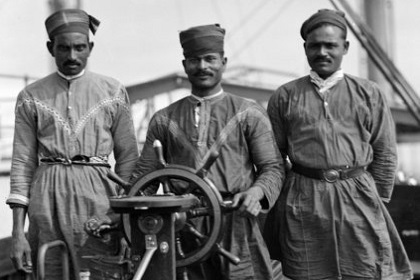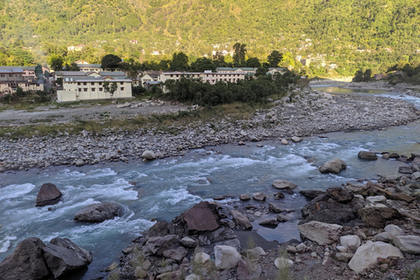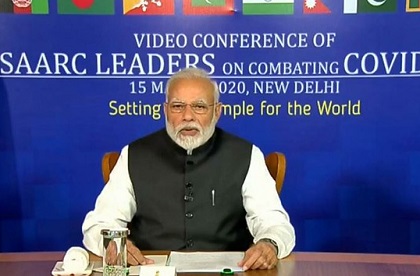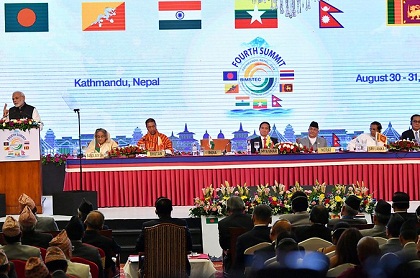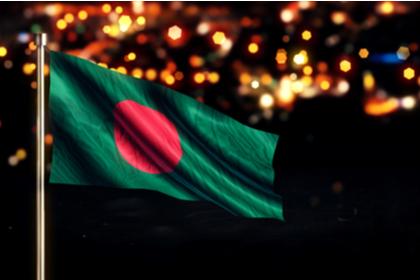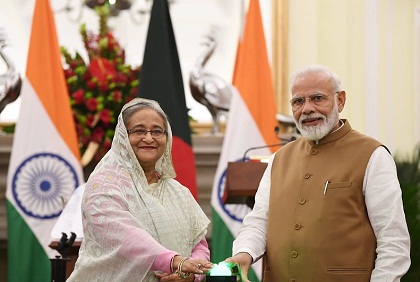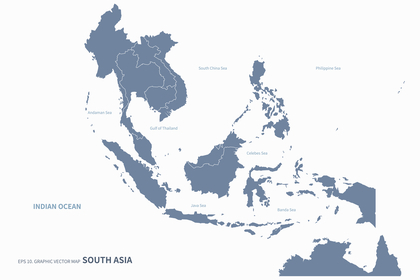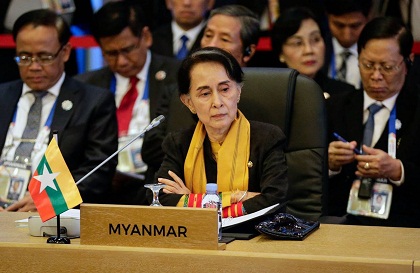UK’s irregular Indians: Colonial carry-over
The early roots of the Indian diaspora in the UK are not about the storied success of the Hinduja brothers or celebrated economist Lord Meghnad Desai. Rather it lies in Indian sailors – the lascars – and the soldiers – faujis – of the World Wars, and the many hardworking labourers attracted to jobs in post-war Britain. These are very much the profile of most irregular Indian migrants in the UK today, many of them Sikh youth.

